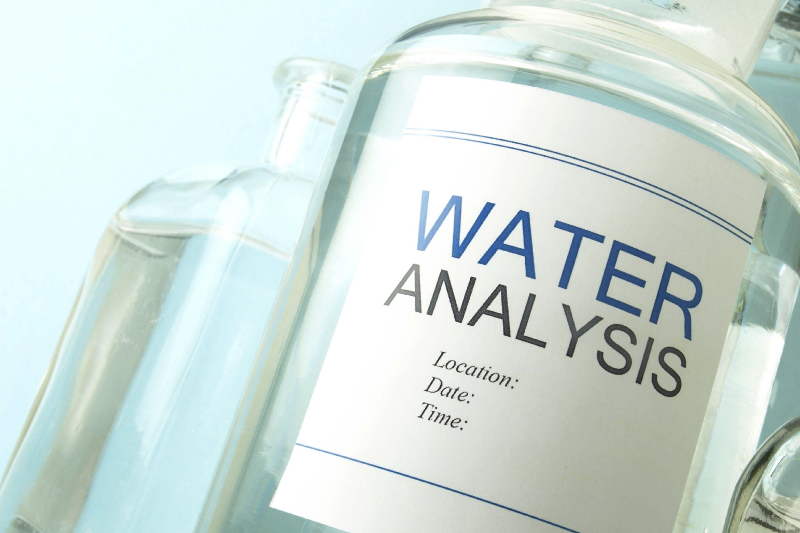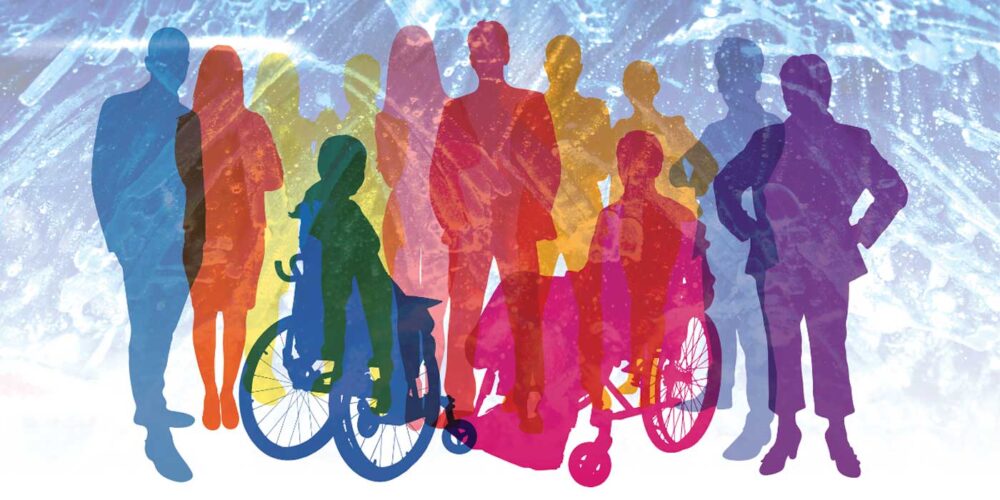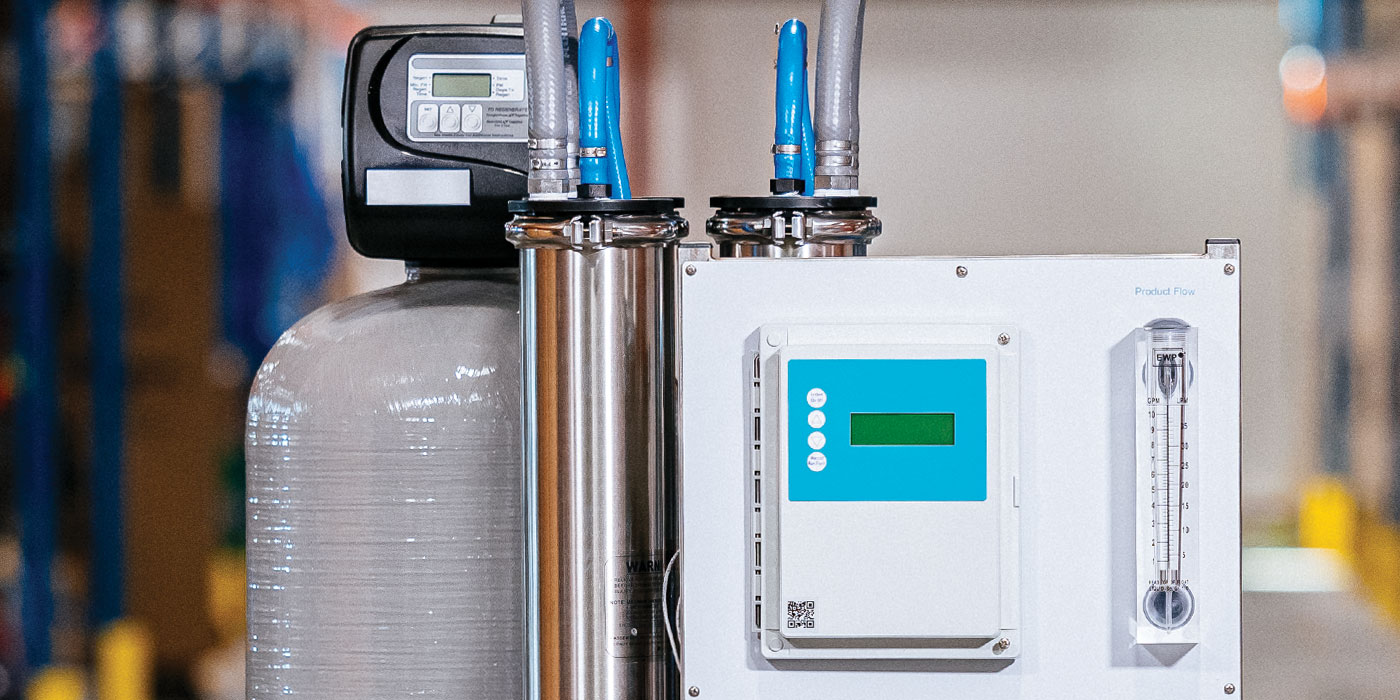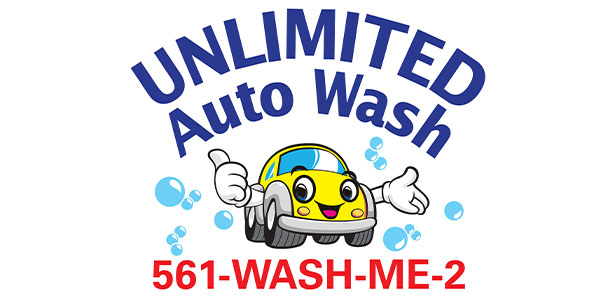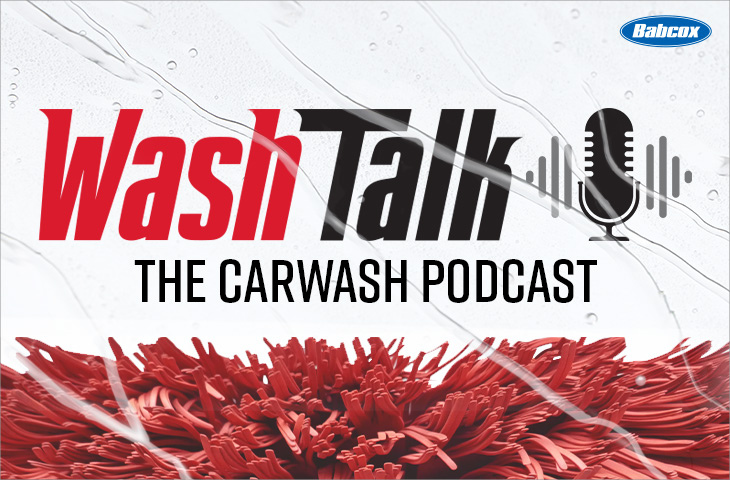Water plays an integral role in carwash results and system performance. This article will examine some of the most common water conditions and contaminants that can affect the water quality of your carwash’s final result and cover how to treat them.
Common water conditions
There is more to water than just meets the eye. What looks clean and clear may not produce the best results at your carwash, leaving you in the dust.
You want the best results for your customers, so doing your due diligence will have positive, long-lasting results. “It’s important to know where your water comes from,” advises Bob Koo, owner of AquaChem Inc.
Water contaminants will vary greatly by geographic location and water source. And, if your water is from a municipal supply, Koo adds, “It may not be coming from the same source all year-round.”
If you are a multi-operation carwash owner, it’s important to treat each carwash independently, and don’t expect to see the same results at each location. While the number of possible contaminants may vary, this article will cover the most common water conditions that may negatively impact your business.
Related: Water’s role in the carwash
Hard water, which is a condition in which there are high levels of minerals, can cause spots, prevent soap from lathering and cause the buildup of scale on plumbing equipment and fixtures.
“If you live in an old city and see the fire hydrants being flushed, consider it a sign that you are going to have a hard water problem. Cities flush hydrants in an attempt to reduce scaling of calcium and magnesium inside old cast iron pipes,” says Koo.
You have hard water if the results of your water test are over one grain per gallon, or 17.1 parts per million (ppm).
Soft water is the result of a water softener where the calcium and magnesium ions have been exchanged. If you are seeing spots with a water softener, the likely culprit is sodium. Water containing zero to one grain per gallon or less than 17.1 ppm is considered soft.
Total dissolved solids (TDS) are particles trapped in water. These are essentially the leftovers you see when water evaporates and leaves a spot. If you have spent time trying to remove these spots, then you know how this condition can significantly affect a carwash’s water quality.
High concentrations of TDS require more labor and more spot-free water to rinse off each vehicle at the completion of the carwash, and it makes removal of minerals difficult — a taxing job for filtration systems. Water used for professional carwashing should contain less than 50 ppm of TDS. Depending on the results of your test, your carwash may require more or less spot-free water.
Water chemistry is greatly affected by pH, or the measure of acidity or alkalinity. Neutral is seven. If it is greater than that, the water is more alkaline; if it is lower than seven, then the water is more acidic. Extremes on either end of the scale can be dangerous, causing corrosion and water toxicity.
“If the source of your carwash water is from a municipal supply, the water may have high levels of chlorine and potentially ammonia,” warns Koo. Chlorine and ammonia are added to most municipal supplies to stop the growth of bacteria and to disinfect city piping. If your carwash requires a reverse osmosis (RO) system, high levels of chlorine need to be removed, as it will destroy the RO membranes and erode copper piping.
Testing water quality
One of the first steps in determining water quality is performing a water analysis. Knowing the results of this test before purchasing equipment and setting up your carwash will help ensure high-quality carwashes as soon as your business opens. If you did not do this step before building your carwash, don’t worry. Test your water now, and perform proper carwash equipment maintenance.
After water quality has been determined, follow these basic guidelines for each water condition. If your carwash is considering water treatment for the first time, have your water tested professionally at a lab.
High-quality carwash water considerations
Having a water treatment plan ensures a high-quality carwash, ultimately retaining and building your customer base. Because water quality differs from one carwash location to another, there is no one, universal fix. The concentration level of each contaminant may require multiple treatment options for optimal carwashing conditions.
Water softeners are ideal for treating hard water, but it is important to note that these systems will not remove other contaminants and minerals. Used alone, it may not be enough to ensure a spot-free carwash. Depending on the characteristics of the water, other methods of treatment, such as RO, could be beneficial at your carwash. RO systems use semipermeable membrane elements to separate solids from the water. This process is pressure-driven and temperature-dependent. An RO system can be used to minimize water spots and deliver a spot-free rinse.
Your best bet to complete water analysis and treatment solutions is to consult with a carwash water professional who is trained to test, interpret and offer solutions for creating ideal carwashing water conditions.
Satisfied customers: your road to success
Your customers want a clean and shiny car. You want your carwash to perform at its best to retain and attract new customers. How can you keep your business booming while also satisfying your customers?
Learn the chemistry of your water and treat it accordingly. Determine your water source, check with your municipality to see if the source varies throughout the year and where it may come from, and consult with a water quality expert. Once you know what your water is made of, take the necessary steps to treat it for optimum results, and hope for sunny days ahead.
Kristen (Wesolowski) Corbisiero is a freelance writer and project manager as well as a former managing editor for Professional Carwashing & Detailing magazine. Kristen lives in Niskayuna, New York, with her husband and three young children. She can be reached at [email protected] or (518) 635-0375.

